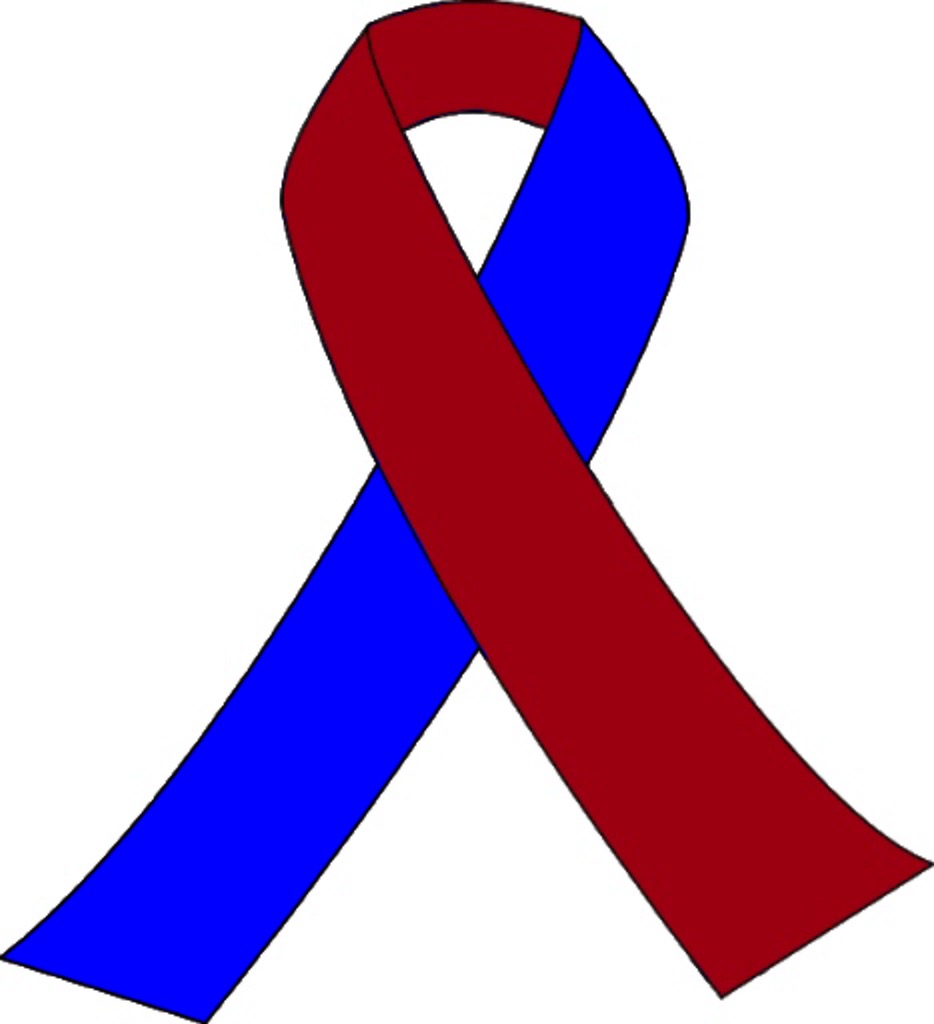
There are lots of news reports and fact check articles coming out about COVID-19 every single day. Sometimes they seem to be saying opposite things, and etc every news articles seems to come with its own exclamation point. “People are dying faster!” “It’s time to to open up!” “The antibody studies have bad data!” “The death rate is lower than we think!” How do you decide what’s true? Unfortunately, figuring out the truth requires work. And sometimes it even requires a lot of work, and you’re the only one that can do it.
Benjamin Franklin returned to his home from the Constitutional Convention, having just helped write the US Constitution, and was famously stopped on the street by an inquisitive woman. She demanded, “What have you given us, sir?” His reply? “A republic, if you can keep it.”
It’s unfortunate that it seems like a small minority want to keep tweaking and pushing our society in directions it doesn’t need to go. It seems like these folks come from both sides of the aisle, and are working with each other more than they work for us. Nevertheless, it is incumbent on us, the People, to watch, and check, and vote knowledgeably. There’s no way that any of us have time to fact check everything that comes out of Washington, the media, or any other sources. Let’s be honest: we don’t even necessarily have time to check even one full article!
What makes a good “fact check?”
The good news is that social media means that we can share the burden, but we still need to understand what good fact checking looks like. Here are some general guidelines.
- If any article (or fact checking, or “debunking” piece) doesn’t contain its sources, watch out! Look out not only for whether the sources are included, but whether scientific claims are being made with sources for some claims but not for others. Which claims have no sources? Do those claims make sense if you only have the info from the sources that were provided elsewhere or should they maybe have had a few more citations? (Compare, for instance, our page on the science behind #NormalContact, where sources are cited throughout. It would be a good fact check article.)
- If the sources in an article are described but not linked, beware! It is sadly common for sources to be cited by memory, rather than double-checking the source for accuracy. Sometimes the memory someone has of a document is missing a key detail, or coming to a different conclusion than the original. (For example, our FAQ page doesn’t have any science linked, but at least links to the appropriate areas of our science page. Its goal isn’t to prove science, just explain things and let folks look up the science if they want. Our FAQ page would be a poor “fact check” article.
- If the sources are only listed at the bottom of an article and not as they are cited throughout the article, ask yourself why. Often, the sources will talk about generally related or background information but not necessarily be enough to draw the conclusion being reached in the article.
- Once you’ve identified the sources listed in an article, check the sources! Yes, this can take time. No, you don’t have to do it yourself. You can post the article on social media and ask for help. Remember to hold friends accountable. Don’t ask, “Is this true?” Instead ask, “Has anyone verified the sources on this?” If someone posts a debunking article as a response, give it the same scrutiny. Did the debunk cite its sources? Were they used appropriately? Did you check the evidence? All too often folks find a troubling article and stop looking for evidence simply because a debunk exists. Make sure to hold everything to the same standard.
Expect the truth to be uncomfortable or inconvenient to uncover. Just like any other treasure, it can be buried. It is, however, extremely precious.
